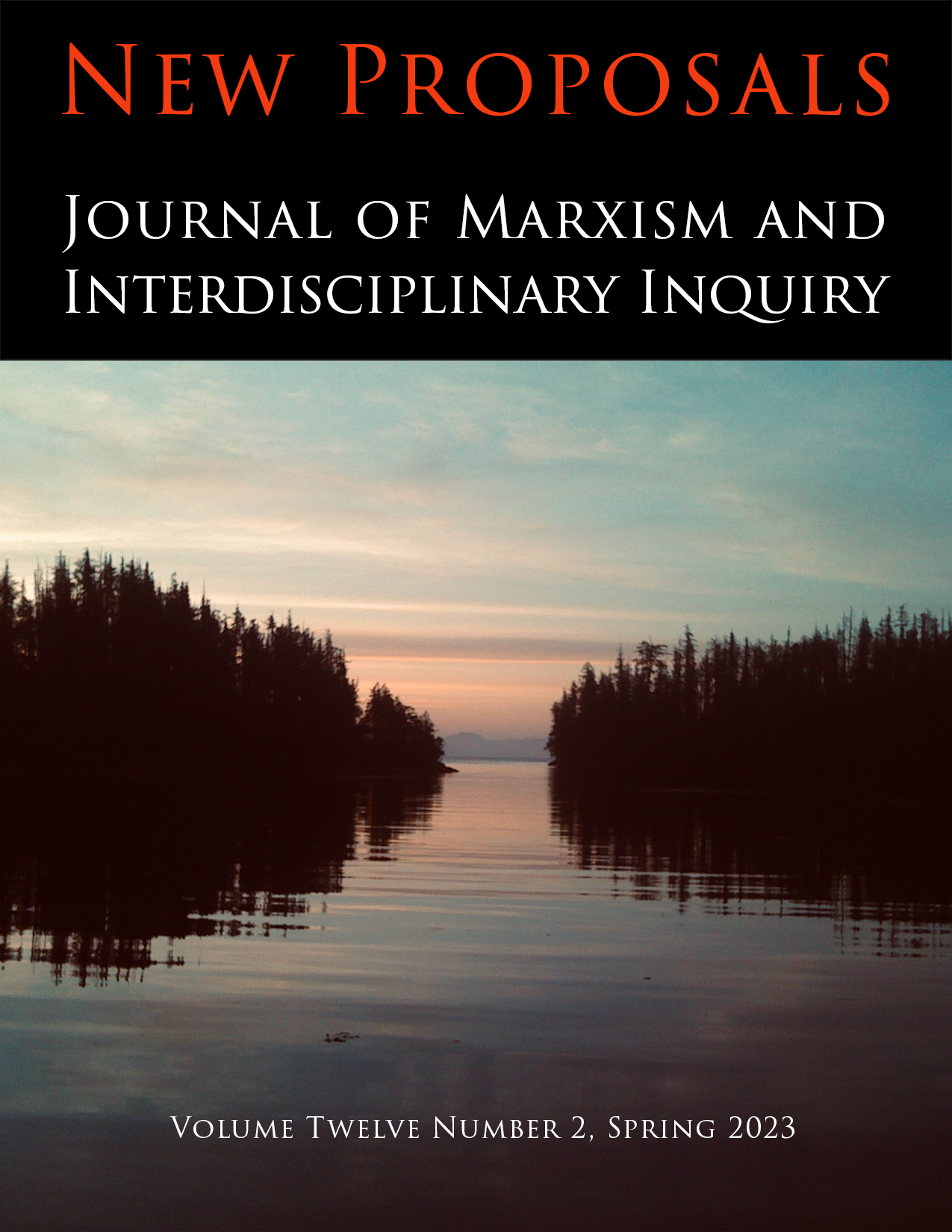Radical Complexity
Using Concepts From Complex Systems Theory to Think About Socialist Transformation
Abstract
Abolishing alienated labour requires the radical democratization of economic production. Complex systems theory offers tools for theorizing how this radical democracy could be constructed. In complex systems theory, the same structures and transformations appear across multiple domains in the physical and life sciences. Evolution is one such concept. Rather than being linear and gradual, evolution is a nonlinear process in which stable equilibria are punctuated by bursts of catastrophic change. Even catastrophic change, however, happens through an incremental process: the production of new forms through new combinations of existing forms. Each evolutionary permutation of a system is a step into its space of adjacent possibilities. The task of revolutionary theory can be conceptualized as that of plotting a course through capitalism’s adjacent possibility space, bringing the system to a benign catastrophe that triggers a phase transition into socialism. The complexity of this mapping requires a distributed processing approach to theorizing that prefigures the distributed processing, or socialist general intellect, that must characterize any radically democratic worker control of production. This project suggest the expansion of a new role for professional intellectuals: that of tool makers, developing conceptual materials that feed a recursive process of the construction of socialist networks.
Downloads
Published
Issue
Section
License
Copyright (c) 2022 Christopher Powell

This work is licensed under a Creative Commons Attribution-NonCommercial 4.0 International License.
Copyright for articles published in this journal is retained by the authors, with first publication rights granted to the journal. By virtue of their appearance in this open access journal, articles are free to use, with proper attribution, in educational and other non-commercial settings.
